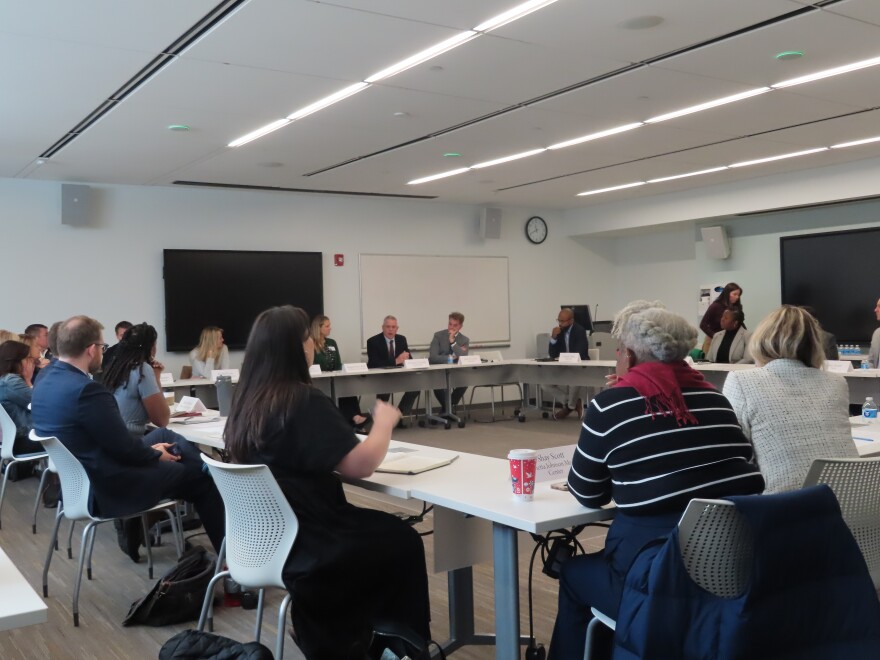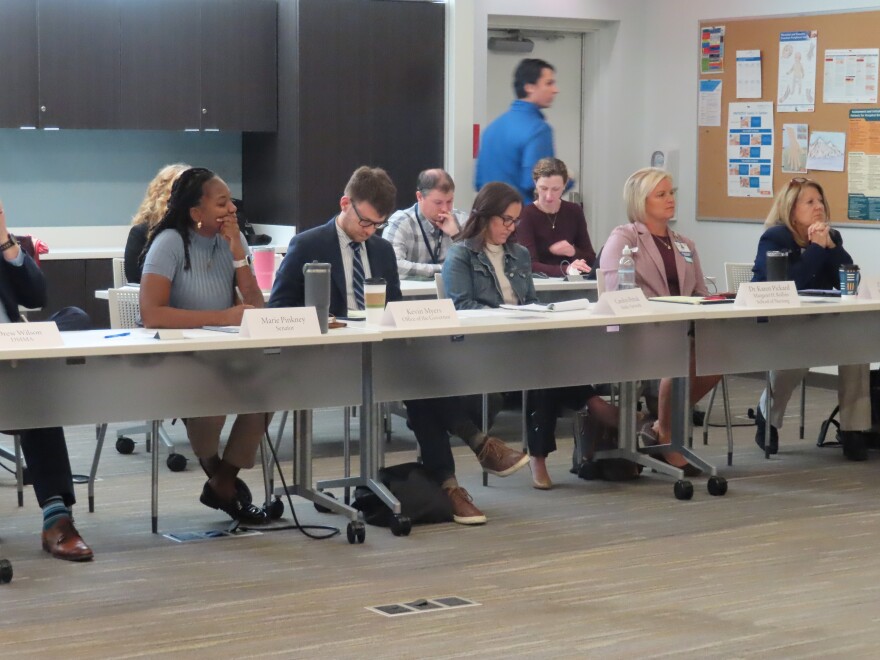State Senator Marie Pinkney holds a Medicaid Roundtable discussion in Sussex County amid looming federal funding cuts prompted by the One Big Beautiful Bill Act.
This is Pinkney's second Medicaid roundtable since August, and she stresses they come as the state copes with the impact of the One Big Beautiful Bill Act on healthcare - especially on rural populations.
26% of Delawareans live in rural areas, most of them in Sussex County, and they are most likely to be medically underserved.
In the wake of federal cuts, some providers like Bebee Health announced layoffs, and Pinkney says many feared provider cuts to critical public programs were to follow, however…
“As we say that I also want to highlight that almost every single one of them expressed their commitment to not doing that and to finding different ways to cost-shift. If we are doing one thing that’s not working, how do we take that cost and shift it to something else that does work.” she told DPM.
Gov. Matt Meyer is also seeking $1 billion in federal funding for rural healthcare projects, including a network of mobile health units and new Hope Center locations for Kent and Sussex Counties, and a 4-year medical school- Delaware is currently one of three states nationwide to not have one.

Delaware Health Care Association President and CEO Brian Frazee says that may be just what the state needs to counter OBBA cuts.
“That will really be transformative, and the governor was very collaborative in his approach to that application with all of the stakeholders including [Delaware Health Care Association], and he kept saying yesterday that this is all about improving outcomes, lowering costs, and growing the work force. And, we think that plan will go a long way in doing that” he said.
One larger topic was the discussion of children’s Medicaid. Officials stressed children are generally not losing their coverage, even if parents have, and encouraged them to renew on time.
Director of Delaware’s Medicaid and Medical Assistance department Andrew Wilson also expressed interest in using hospital tax dollars to provide relief, but notes that money would dry up when the tax program starts phasing out in 2028.



